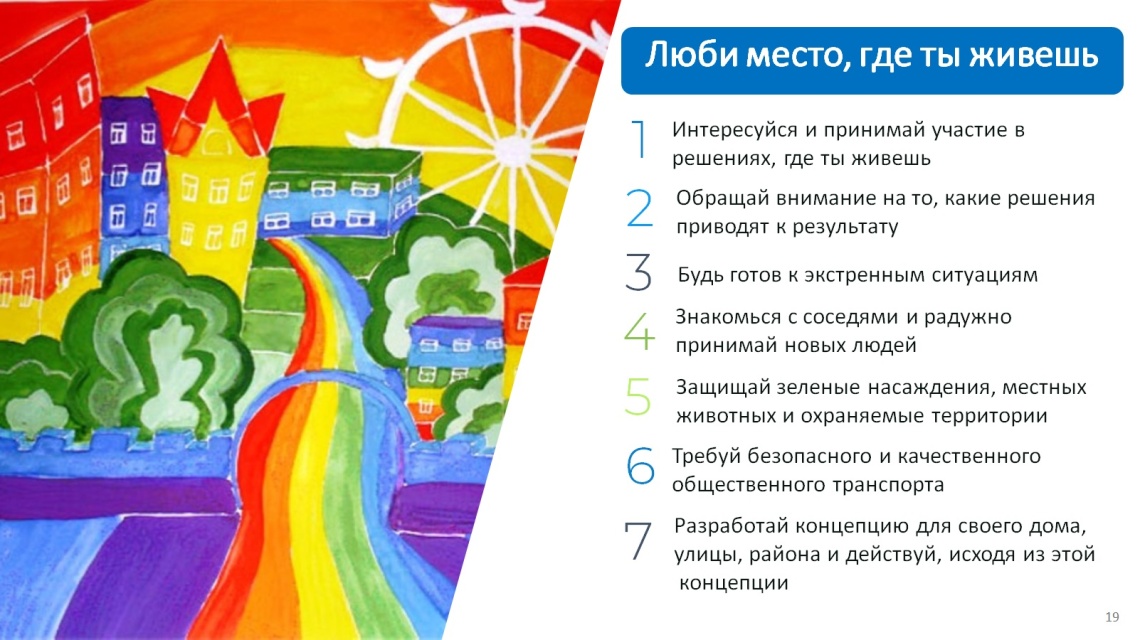
"Love the Place You Live in. Or What We Can Do Right Now": Evgeniya Nekhoda, IEM director, talked about sustainable cities
"Sustainable Cities: Why It Matters and What We Can Do Right Now": Evgeniya Nekhoda, Professor, IEM Director, held an open lecture as part of the Entrepreneurship and Management National Student Olympiad.
The main global problems of the modern world are demographic and economic crises, economic growth and problems related to consumption, inequality (in various aspects) as a norm, rapid urbanization, corruption, globalization (security and migration, armed conflicts). Human needs are increasing, but the planet’s resources are limited – this issue was contemplated by the philosophers as far back as in ancient Greece. How to ensure a comfortable standard of living and preserve the Earth for future generations is a problem that the entire world community has been solving for more than 40 years.
This is how the concept of sustainable development (SD) was born, based on the fundamental principle of meeting the needs of the current generations without compromising the needs of future ones. SD presupposes a balance of three components: economic growth and efficiency, social responsibility and ecological balance.
“There is a slogan I like that describes the concept of sustainable development," says Evgeniya Nekhoda. "’Think globally – act locally’. The world is globally dependent on the results of local actions: in a village, city, yard, country. It is important to think about what we ourselves can do to make the world more sustainable in the long term.”
Professor Nekhoda proposed to look at one aspect of SD – sustainable cities.
· The 20th century is the age of urbanization: over 8 billion people live on Earth, of them over 5 billion live in cities. There are 1,100 cities in Russia today, and two thirds of them appeared only in the XX century.
· The role played by millionaire cities is growing – there are 16 of them in Russia now.
· Urban lifestyle is spreading even to villages.
· Urban growth leads to heavy traffic, strain on infrastructure, and a skewed public goods distribution (growing inequality), with some cities becoming poorly suited for living.
· Serious consequences of urbanization – environmental pollution and climate change.
Cities are particularly affected by the problems of our time, and it is necessary to focus specifically on the sustainability of cities – everything must be provided for people and risks minimized.
“Sustainable future which we want for all presupposes availability of infrastructure for all segments of population, adequate energy supply, effective transport system and many other aspects of urbanization,” says Evgeniya Nekhoda.
The criteria for urban sustainability are affordability of housing, development of transportation and transport infrastructure, environmentally sustainable and open urbanization, protection of cultural and natural heritage and their diversity, prevention of damage from natural disasters, reduction of the impact of the city on the environment, green space expansion.
What can we do right now?
· Take an interest and participate in the decisions that affect our life
· Pay attention to what decisions lead to what results
· Be prepared for emergencies
· Get to know your neighbors and welcome new people
· Protect green spaces, local animals, and protected areas
· Demand safe, quality public transportation
· Develop a vision for your house, street and neighborhood, and act according to it
· Sort waste and use reusable kitchenware
· Become a volunteer
“It's important to love the place you live in," noted Professor Nekhoda. “But another important condition is a mature civil society and proactive attitude of its members.”
Answering question asked by Egor Demchenko about how developed the institutional environment in Russia is, Evgeniya Nekhoda answered:
“The formation of the institutional environment takes time, steps have already been taken: national goals have been set and national projects are being implemented; a system of national sustainable development indicators has been adopted; a rating of sustainable cities is being formed; laws on waste, stray animals, etc. are being made. There are steps, but the process itself takes a very long time, an institutional environment and new cultures (for example, culture of consumption) are formed over decades. What it will be depends on you and me!”
